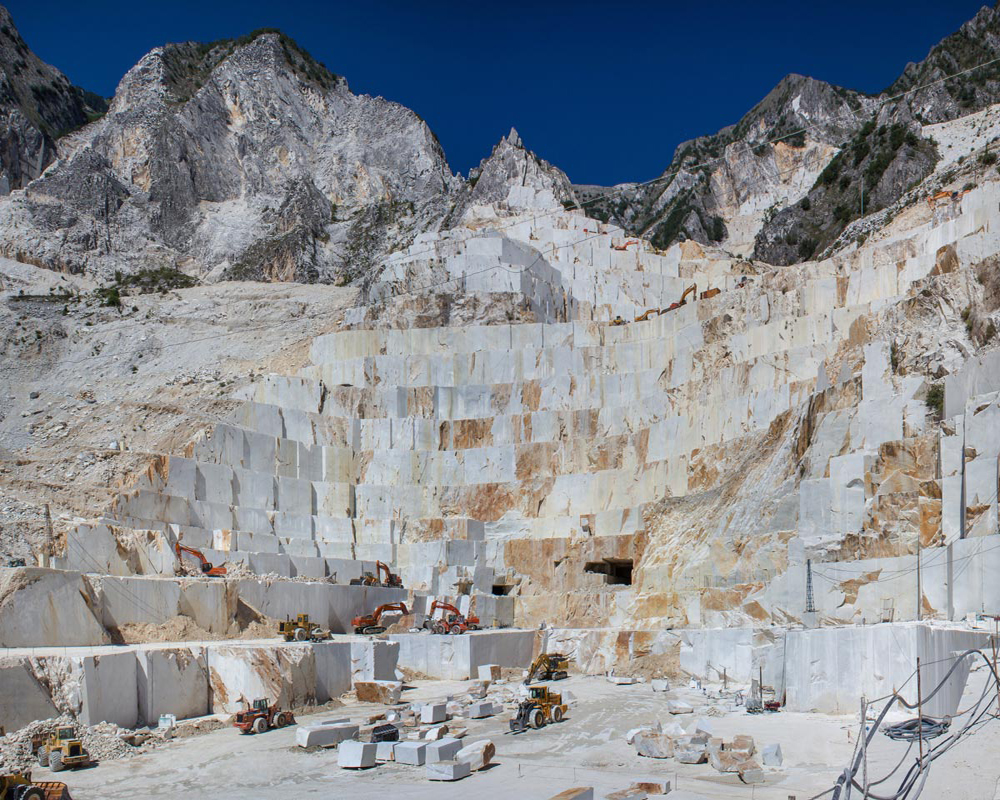
“Since the approval of the Quarry Regional Plan, with which we were the first to introduce a limit on excavations, we have been working to build the best balance between the protection of work and the environment, two priorities to which I will always recognize equal importance. Only since then has the Region possessed and used concrete tools to control the operations of companies in the Tuscan quarries, demonstrating that the issue of environmental sustainability is absolutely and fully shared both by the Region and by myself, the first signatory in 2018 of the bill that led us to the Plan.”
This was stated by councilor Stefano Baccelli, who leads the infrastructure and mobility management sector, responsible for quarries.
“However – continues Baccelli – one cannot be simultaneously against the variant and at the side of the workers: like it or not, the reality is much more complex than some would like to believe. The Regional Plan is the result of profound sharing with the Municipalities, trade unions, trade associations, citizens and businesses; and it is precisely in it that, since 2019, the Region has been entrusted with the task of cyclically verifying the volumes extracted to evaluate and, if necessary, adopt a variant that shifts that 5% limit on a regional scale – an exemption which they will also be able to enjoy only duly authorized companies”.
“Too often – adds Baccelli – the issue of the quarries is identified solely with Carrara marble: in reality, only a handful of companies risk exceeding their limits (Gessi Pisani, Inerti del Valdarno and Calcari di Molazzana) all outside the Apuan Alps and operating not only in the ornamental sector, but also in the industrial and construction sector”.
The process that has just been started envisages that the word will now pass to the individual Municipalities, which will have to report to the Region the rare cases of companies that would need to access this excess; thereafter, the Region will evaluate each individual case on the basis of the relevant environmental, technical and economic assessments. By way of example, the increase will be authorized in cases where the supply serves to carry out public works – a measure thanks to which we avoid the risk of new land consumption to open borrow quarries.

